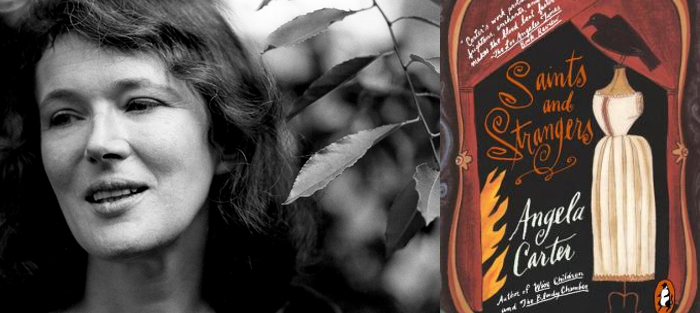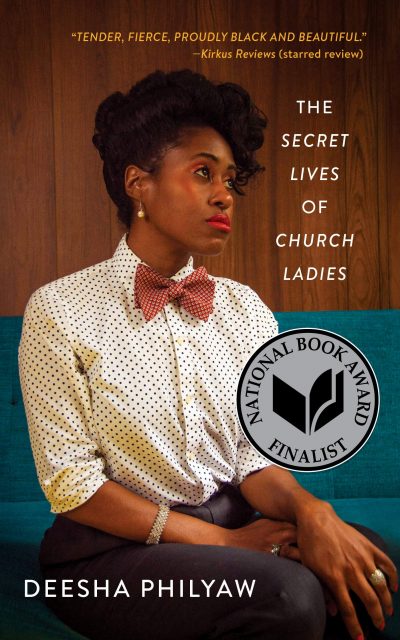If this story were submitted to a MFA workshop, the results would be—forgive me—a hatchet job.
Angela Carter’s “The Fall River Axe Murders” breaks all the rules we learn in writing classes. Let us count its sins: The entire 17-page story takes place in the few seconds before the Borden family—as in Lizzie Borden—wakes up on that fateful August morning. And I mean seconds: just as the maid’s alarm clock ticks to six o’clock but before the alarm bell rings. There is virtually no action; almost all of the story is scene-setting and character description. The writing is, in typical Carter style, wordy almost to the extreme (I had to look up “prolegomena”). A first-person narrator periodically intrudes on the third-person narrative, even announcing it will write one historical character, a visiting uncle, out of the story “for maximum emblematic effect.”
Worst of all, this is a story where we already know the ending: a second-grader can tell you that Lizzie Borden took an axe and gave her father forty whacks. Should no second-graders be handy, Carter provides the children’s rhyme right up front, as a grotesque epigraph to the story.
And yet. A workshop might call the story a hot mess, but it works. The tension is highest in that one moment before the carnage, and Carter exploits it. Every image reminds you that Lizzie’s world is overheated, literally stinking, and emotionally stultifying: the air “too thick for flies to move,” full of the “sudden stench of death from old butcher’s shops” and the “dandruff of spent whitewash flak[ing] from the ceiling where a fly drearily whines.” Carter sets up all the personalities, all the deep-rooted conflicts, like a pool player preparing for the break:
A house full of locked doors that open only into other rooms with other locked doors, for, upstairs and downstairs, all the rooms lead in and out of one another like a maze in a bad dream. […] The girls stayed at home in their rooms, napping on their beds or repairing ripped hems or sewing loose buttons more securely or writing letters or contemplating acts of charity among the deserving poor or staring vacantly into space.
I can’t imagine what else they might do.
What the girls do when they are on their own is unimaginable to me.
Then, coolly, calmly, she builds the pressure. We never see the hatchet fall. We don’t need to.
Further Links and Resources:
- Sample the first portion of the story at the London Review of Books (where it was originally published, under an earlier title) and register for free for full text; or, if you’re not intimidated by navigating a Chinese site, you can also read the complete story here.
- But I highly recommend you pick up Burning Your Boats: The Collected Stories of Angela Carter, because once you get a taste of Carter’s fabulously dark fiction you may not want to stop.
- Want more of FWR’s must-reads? Check out the (growing) archive of Stories We Love, and come back all month as we celebrate Short Story Month!






